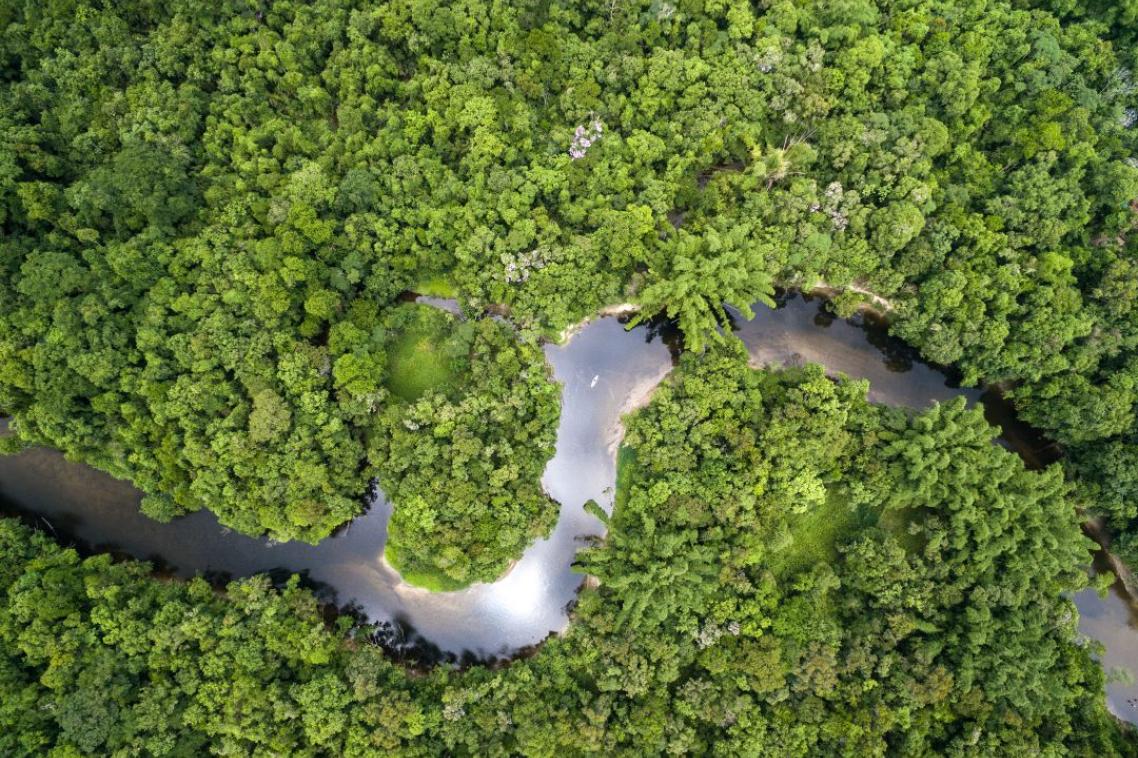Citizen scientists make ‘surprising’ coral find

A University of Queensland study has found greater-than-expected coral cover in waters off Queensland’s Sunshine Coast.
Over the past two years, more than 50 volunteer divers from UQ’s Dive Club (UniDive) ran a citizen science project to assess the health of reefs off Mooloolaba.
UQ’s Associate Professor Chris Roelfsema, who voluntarily led the project, said the high coral cover was astounding.
“Given the proximity to large urban areas and river flows, we weren’t expecting to see so many hard and soft corals – it was a great surprise,” Dr Roelfsema said.
“In some areas, we found up to 54 per cent more coral cover than previously reported.
“We were delighted to find particularly high coral cover around Mudjimba Island and around the Inner and Outer Gneering Shoals.”

“Our divers found a lot of marine debris, particularly around the Outer Gneerings and Mudjimba Island,” he said.
“The team did incredible work, volunteering their time and amazing skills – spending over 8000 hours training, collecting, and analysing the data.
“For the first time, the divers integrated photos of the bottom of the ocean to derive information on its composition and structure, using machine learning.
“The resulting report has detail never seen before for this area.”
The survey was based on globally recognised monitoring methods developed by Reef Check Australia and UQ’s CoralWatch, and on previous award-winning UniDive research projects at Flinders Reef and the Point Lookout Reefs.
The citizen science team also worked with the Kabi Kabi and Jinibara people to get first nations information about the sites.
Dr Roeflsema said that the success of the project shows how important citizen science is in protecting ecosystems and creating awareness.
“Citizen science plays a crucial role filling information gaps and offering timely reporting on the environmental health of sites, when government agencies don’t have time or funding to do so,” he said.
“As a result, these projects raise awareness about the magnificent local reefs and could help influence management and conversation of these reefs.
“We’ve now trained an army of volunteers in various survey techniques, and we’re hoping this work not only influences public policy but creates a deeper awareness within the local community of their amazing local reefs.”
Download the report from UniDive’s MEAM website or directly from Mooloolaba Ecological Assessment and Mapping (MEAM) web page, Queensland, Australia Report.
Media contact
Faculty of Science Media
science.media@uq.edu.au
+61 438 162 687.
Related articles

Anyone can be a hacker with AI – so what does that mean for the cyber defence industry?

Brazil claims to be an environmental leader. Are they?
Media contact
UQ Communications
communications@uq.edu.au
+61 429 056 139
